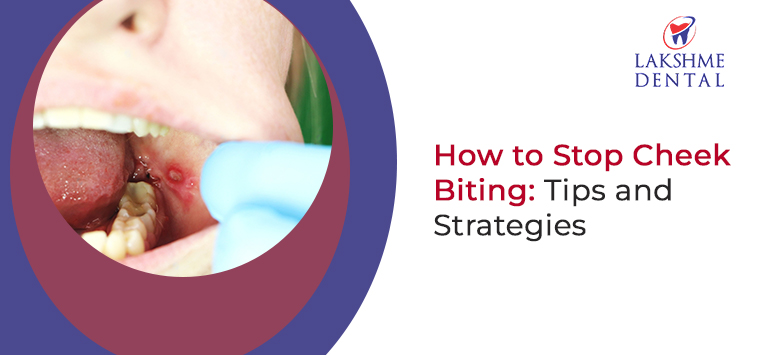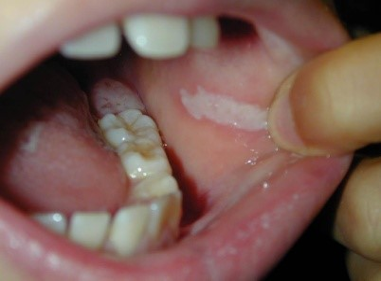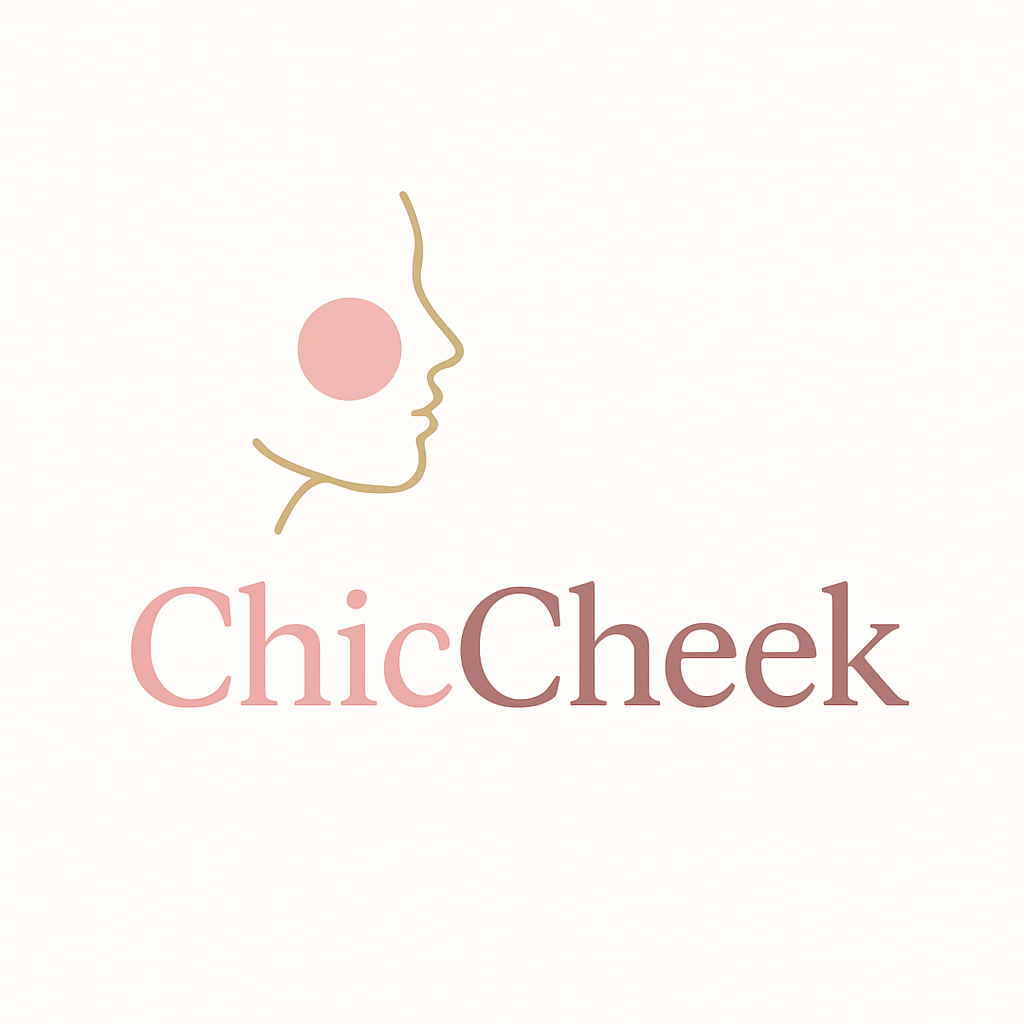Do you find yourself constantly biting your cheek without meaning to? It’s a common habit that can be both frustrating and painful.
You might wonder why it keeps happening, even when you try to stop. Understanding the reasons behind this habit can help you take control and protect your mouth from soreness and injury. Keep reading to discover the surprising causes and simple solutions that can finally put an end to your cheek biting.
Common Reasons For Cheek Biting
Biting your cheek is a common problem. Many people do it without meaning to. Understanding why it happens helps stop it. Several reasons lead to cheek biting. Some are physical, others are emotional. Let’s explore the most common causes.
Accidental Biting While Chewing
Chewing fast can cause accidental bites. The cheek may get caught between teeth. This happens more when eating hard or chewy foods. Sometimes, talking or laughing while chewing adds risk. The mouth moves quickly, making it easy to bite the cheek.
Misaligned Teeth And Jaw
Teeth that do not line up well cause biting issues. The jaw may be uneven or shifted. These misalignments change how teeth meet. The cheek can get trapped during normal mouth movements. This problem often needs dental care to fix.
Stress And Anxiety Habits
Stress can cause many habits, including cheek biting. People bite their cheeks to relieve tension. It becomes a nervous habit, often done without thinking. Anxiety can increase cheek biting during stressful times. Breaking this habit may require relaxation techniques or counseling.
Physical Factors Behind Cheek Biting
Biting your cheek often is more than just a bad habit. Physical factors can cause this behavior without you noticing. Understanding these factors helps you find the right solution. Two main causes stand out: dental issues and nervous system disorders.
Dental Issues And Crowding
Misaligned teeth can cause cheek biting. When teeth do not fit well, they may rub against the inside of your cheeks. Crowded teeth leave little room for your tongue and cheeks. This increases the chances of accidentally biting your cheek. Dental problems like sharp tooth edges or broken teeth also hurt your cheek. Visiting a dentist can help fix these issues. Proper dental care reduces the chance of cheek biting.
Nervous System Disorders
Some nervous system disorders cause repetitive movements. Cheek biting can be one of these movements. Conditions like Tourette syndrome or other tic disorders often involve cheek biting. Stress or anxiety can trigger nervous system responses. These responses may lead to cheek biting as a coping mechanism. Treatment for nervous system disorders often reduces cheek biting. Talking to a doctor can provide the right help.
How Stress Triggers Cheek Biting
Stress often leads to cheek biting without people noticing. It is a common reaction to emotional and physical pressure. Understanding how stress triggers cheek biting helps manage this habit better.
Emotional Triggers
Stress causes many emotional responses. Anxiety, frustration, and nervousness can make you bite your cheek. It acts as a way to release tension. The mind focuses on biting instead of worries. This habit often appears during stressful moments or deep concentration.
Body’s Response To Stress
The body reacts to stress with muscle tension. Jaw muscles tighten, increasing cheek biting chances. This tension causes small, repeated bites inside the mouth. Stress also affects brain signals, making habits harder to control. Cheek biting becomes a physical outlet for the body’s stress.

Credit: www.libertyvillagedentalcare.com
Simple Ways To Stop Biting Your Cheek
Biting your cheek can be a frustrating habit. It may cause pain and even sores inside your mouth. Simple ways can help you stop this habit. They focus on awareness, physical changes, and managing stress.
Mindfulness And Habit Tracking
Start by paying attention to when you bite your cheek. Notice the times and feelings around it. Keep a small journal or use an app to track these moments. This helps you see patterns and triggers. Try to replace cheek biting with a different action, like chewing gum or pressing your lips together. Practice being present during meals and conversations. Mindfulness helps reduce automatic biting.
Dental Corrections
Your teeth or jaw might cause cheek biting. Sharp teeth edges or misaligned bites can hurt the inside of your mouth. Visit a dentist to check your teeth. They may smooth sharp edges or suggest braces. Using a mouth guard at night can protect your cheeks. These corrections reduce the chance of accidental biting.
Stress Management Techniques
Stress often causes cheek biting. Find simple ways to relax daily. Deep breathing exercises calm your mind and body. Try short breaks during work or study to clear your head. Physical activities like walking or stretching also help. Sleeping well supports your mental health. Managing stress lowers the urge to bite your cheek.
When To See A Professional
Knowing when to see a professional is important if you keep biting your cheek. Sometimes, cheek biting is just a bad habit. Other times, it signals a deeper problem. Understanding the signs helps you decide when to get help. Early care can prevent pain and infections.
Signs Of Persistent Injury
Look for sores that do not heal in two weeks. Constant pain or swelling in the cheek area is a warning sign. Notice if the skin inside your mouth becomes thick or white. Difficulty chewing or speaking may mean the injury is serious. Frequent bleeding or open wounds also require attention.
Treatment Options
A healthcare provider can offer treatments to stop cheek biting. They may suggest a mouth guard to protect your cheek. In some cases, fixing dental issues can reduce accidental biting. Medication might be needed for infections or pain relief. Regular check-ups ensure the problem does not worsen.

Credit: www.lakshmedental.com

Credit: www.impressionsorthodontics.com
Frequently Asked Questions
Why Do I Keep Biting My Cheek Accidentally?
Cheek biting often happens due to stress, anxiety, or accidental chewing. It can also be a habit.
Can Cheek Biting Cause Serious Health Problems?
Cheek biting usually causes mild pain and sores but rarely leads to serious health issues.
How Can I Stop Myself From Biting My Cheek?
Try to stay calm, chew slowly, and keep your mouth busy with gum or healthy snacks.
Is Cheek Biting Linked To Stress Or Anxiety?
Yes, many people bite their cheeks when they feel stressed, anxious, or nervous.
When Should I See A Doctor About Cheek Biting?
See a doctor if cheek biting causes persistent pain, swelling, or sores that do not heal.
Can Dental Issues Cause Me To Bite My Cheek Often?
Yes, misaligned teeth or dental problems can make biting your cheek more likely.
Conclusion
Biting your cheek often can feel frustrating and painful. It may happen because of stress, habits, or how your teeth line up. Paying attention to when it happens helps you understand why. Try to relax and avoid chewing on your cheeks.
If it continues, see a dentist or doctor for advice. Taking small steps can stop the habit and protect your mouth. Remember, your health matters and simple changes can make a big difference.
Munia Akondh is a passionate skincare writer with a foundation in life sciences, which gives her a unique scientific perspective on beauty and skincare. As a digital marketer and skincare geek, Munia combines her love for product research, skin health, and marketing to create insightful content that resonates with beauty enthusiasts. Her expertise spans from understanding skincare ingredients to keeping up with the latest trends, making her a trusted voice in the industry.
